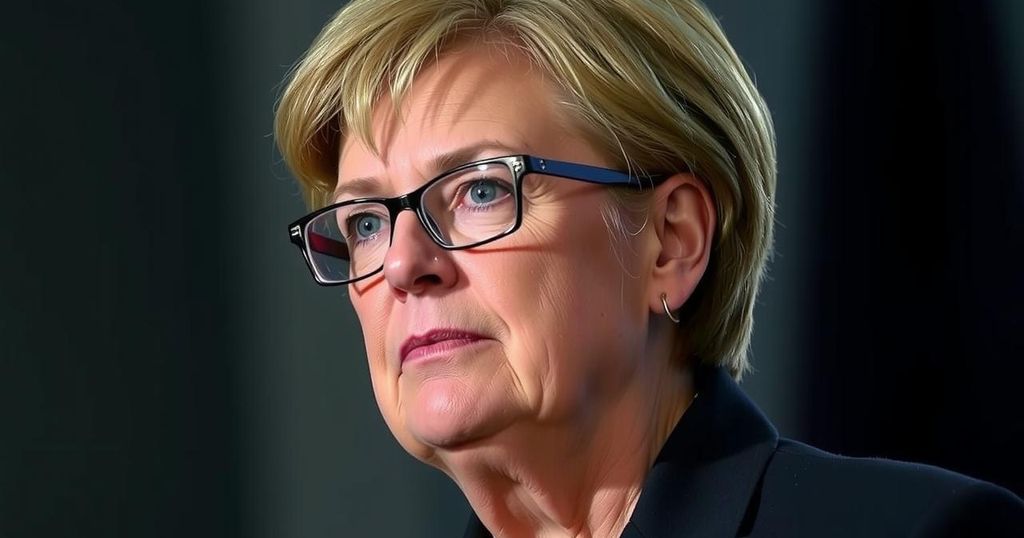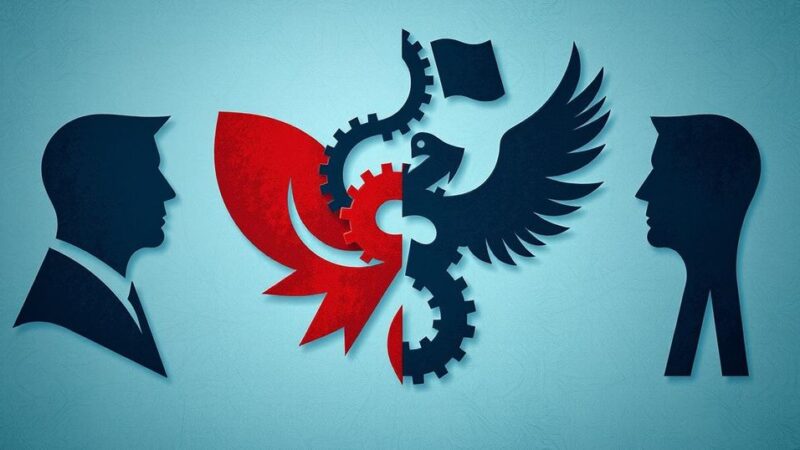In the lead-up to Germany’s snap elections on February 23, 2025, political parties have nominated their top Chancellor candidates: Olaf Scholz (SPD), Friedrich Merz (CDU), Robert Habeck (Greens), Alice Weidel (AfD), Christian Lindner (FDP), Sahra Wagenknecht (BSW), and Jan van Aken (Left Party). Each contender offers a unique approach and ideology, setting the stage for a crucial electoral battle.
As Germany approaches the February 23 snap elections, the leading political parties have identified their candidates for Chancellor. The lineup includes Olaf Scholz of the Social Democratic Party (SPD), who has held various significant government positions and is noted for his pragmatic approach but is struggling with low public approval. Friedrich Merz of the Christian Democratic Union (CDU) is the oldest candidate in over five decades, with a robust background in both law and business. The Green Party’s Robert Habeck presents a more relatable image, emphasizing transparency and humility, having previously worked as an author and philosopher.
Alice Weidel of the far-right Alternative for Germany (AfD) is recognized for her provocative style and strong anti-immigrant stance. Christian Lindner, the finance minister and leader of the Free Democrats (FDP), is known for his social media acumen and youthful leadership. Sahra Wagenknecht from the Left Party combines populism with conservative social views, while Jan van Aken, also from the Left Party, emphasizes survival for the party in the impending elections based on his diverse background in biology and international inspection.
The political landscape in Germany is currently turbulent as the country heads toward snap elections scheduled for February 23, 2025. Each significant party has nominated contenders, reflecting a range of ideologies from the center-left to the far right. The candidates each have diverse experiences and management styles, framing the election as a critical juncture for German politics as issues such as immigration, economic policy, and environmental concerns are hotly contested. Understanding the candidates’ backgrounds enables voters to discern the political dynamics at play in this election.
The 2025 German federal election is shaping up to be a defining moment for the nation’s political future, with candidates representing a wide array of political beliefs and personal experiences. Voters will need to consider each candidate’s policies and public reception as Germany navigates challenges such as economic recovery, immigration, and climate change. With such a diverse selection of candidates, this election may ultimately shape the direction of German political discourse for years to come.
Original Source: www.dw.com






